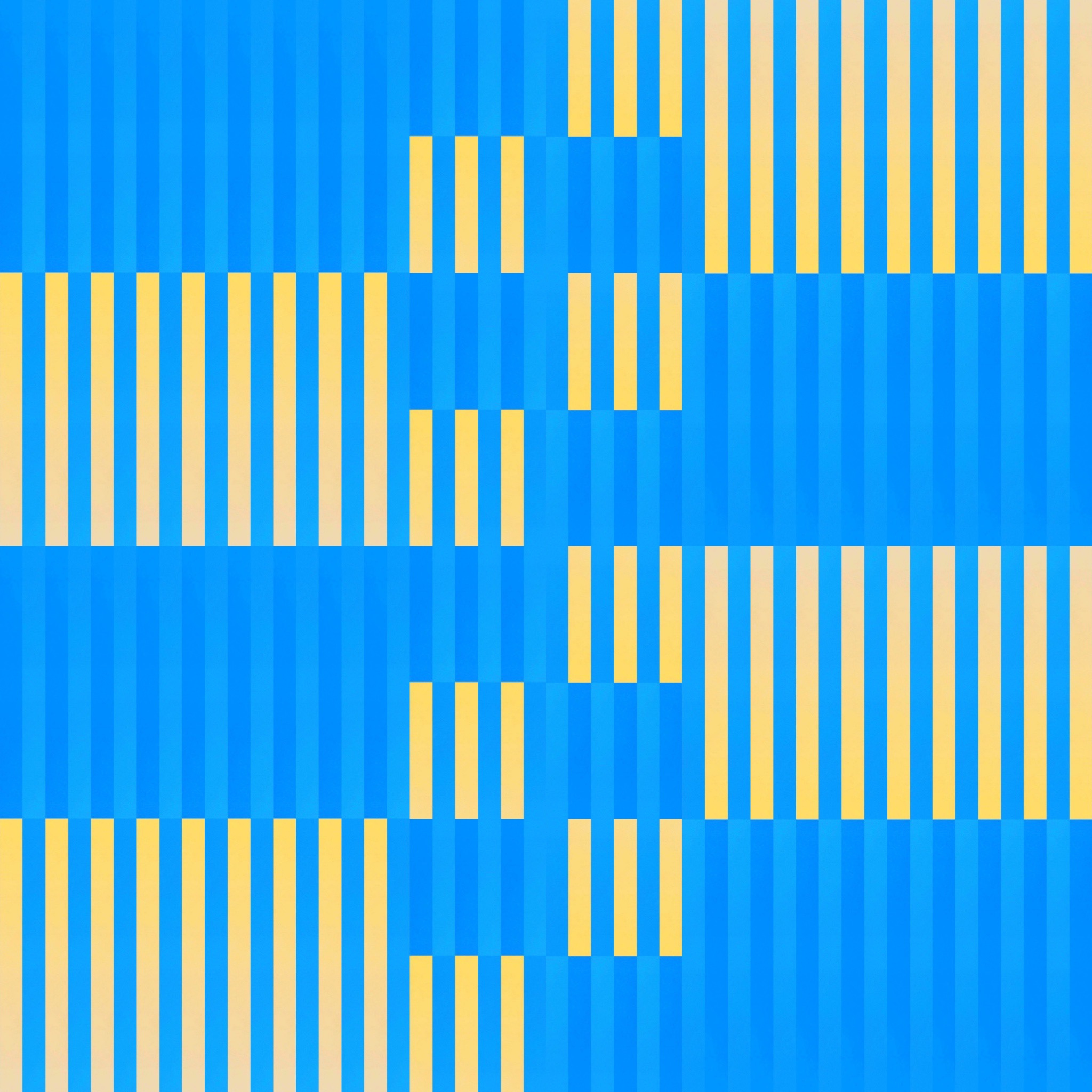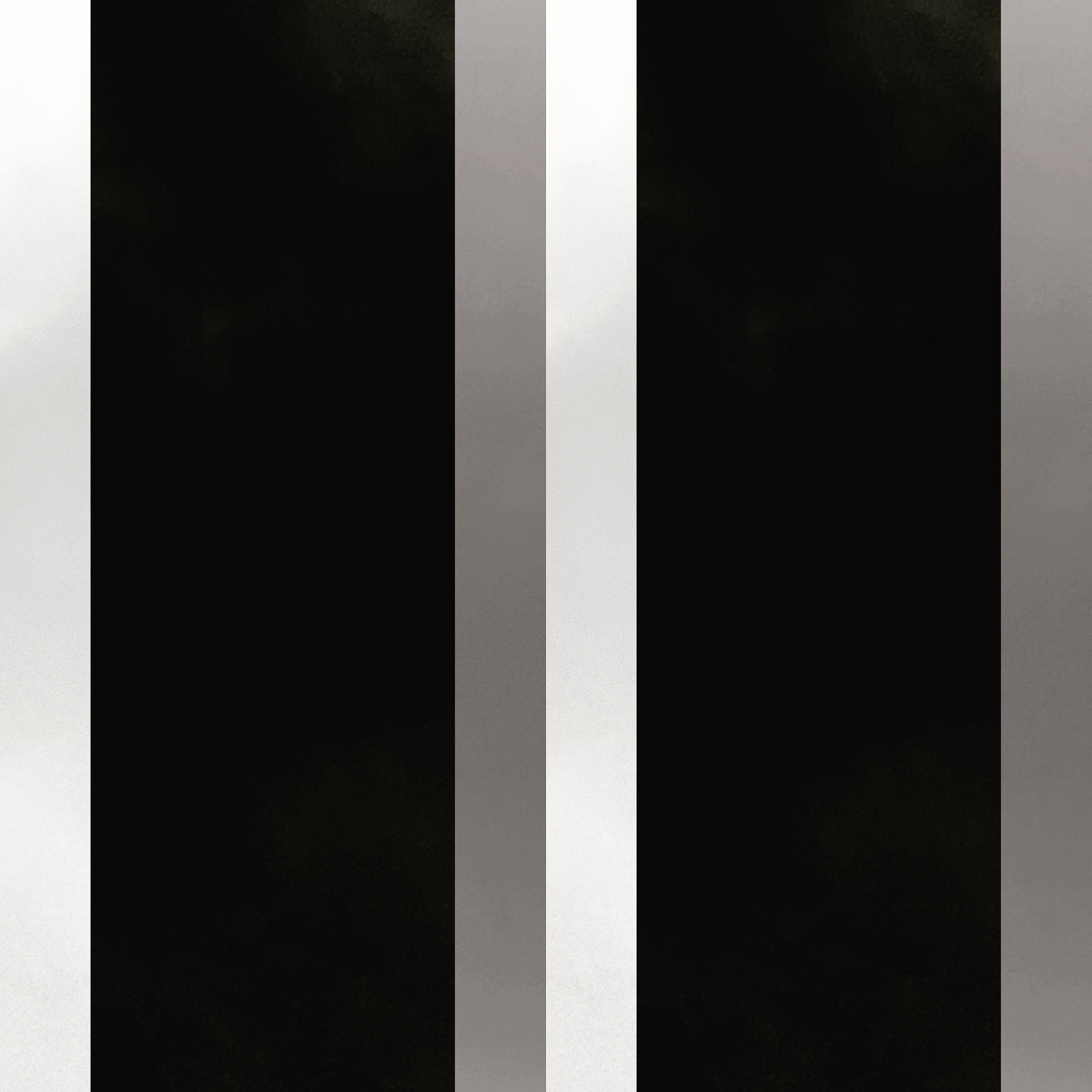
‘All alike burned in its fire’ - a line taken from the fragment below - captures something powerful about the impact of disasters, moments when worlds bend and break. How to make sense of the nonsensical? How to comprehend the incomprehensible? What to do when reality outstrips imagination? Robert McLiam Wilson on the trial for the 2016 truck attack in Nice, France.









